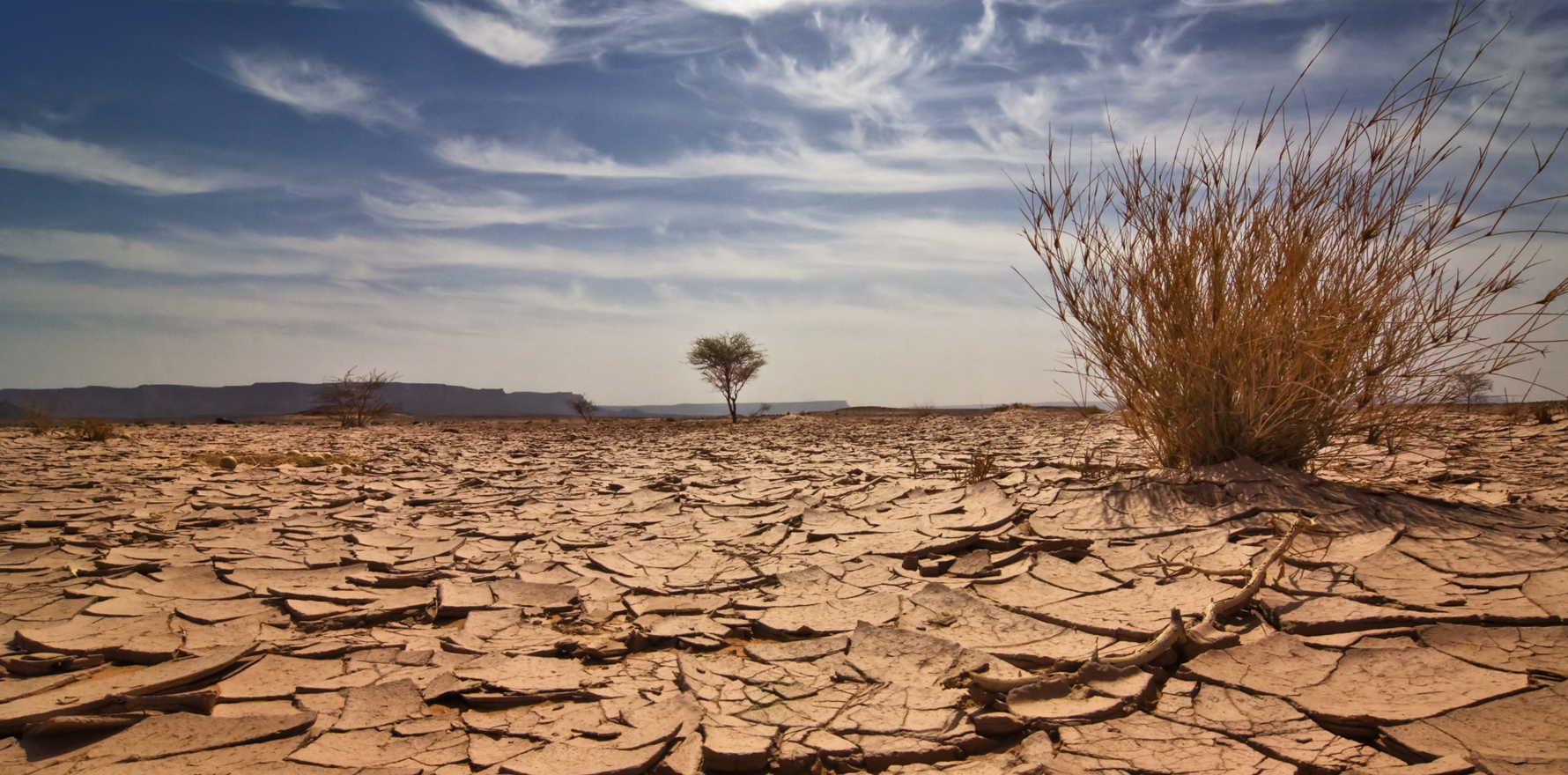Better access to psychiatry advice has become a priority need for rural and regional GPs working in drought-stricken areas
GPs across most of drought-hit NSW are being offered unlimited free access to a psychiatry support line aimed at keeping distressed patients in primary care.
The service, launched last month, is the result of a collaboration by six primary health networks to secure access to psychiatrists via ProCare Mental Health Services, a not-for-profit provider based in Newcastle.
More than 350 GPs in the six mostly rural PHNs registered for the service in its first three weeks.
Alison Bradley, mental health service development and performance manager at the South Eastern NSW PHN, said psychiatry advice was a priority need for rural and regional GPs.
“We were hearing back consistently from our GPs that they wanted psychiatry support and advice,” she said.
“We found other PHNs were hearing the same thing, so we saw an opportunity to work collectively on co-commissioning a service.”
The PHN’s medical director, Dr Tanya Robertson, said the service needed to be scaled with joined-up funding to provide access from Monday to Friday, 9am to 5pm, as GPs had requested.
Demand projections were based on figures from an earlier national support service that had been defunded and was sorely missed by GPs.
“I surveyed our GP leaders across the region. We realised a service provided only at lunchtime was just not practical for GPs,” she said.
“The key thing for us is that (the service) will help GPs continue to manage patients in the community. It’s actually about helping the GPs, mental health is such a big part of what we do,” Dr Robertson said.
“It avoids having to make the referral, and sometimes it’s just about getting simple advice. (A GP can say) I’ve tried this medication, should I up the dose or change the medication, and if I do that, how should I do it?”
The service extends to subspecialties, so a doctor can request advice from a clinician skilled in adolescent psychiatry, for example.
On the local level, the PHN has been closely involved in disaster-relief mental health. Free counselling was set up immediately after the Tathra bushfire on the south coast of NSW last March and will continue for two years.
The psychiatry support venture, involving six of the state’s 10 PHNs, is the first time so many of the regional bodies have teamed up in a co-commissioning project.
The other five are the Hunter New England Central Coast PHN, Murrumbidgee PHN and Western NSW PHN – all serving large rural and remote areas – and Northern Sydney PHN and Central and Eastern Sydney PHN.
For GPs in these regions, the service will fill a gap left by the coalition government’s axing in 2013 of the GP Psych Support Program, which had been run by the RACGP.
The July start-up came as drought tightened its grip on NSW.
Last Tuesday, the day the state was declared 100% drought affected, the Hunter New England PHN’s communications manager Scott White was in Narrabri, in the bone-dry northwest.
“I was seeking feedback and making people aware of the range of mental health services that are available. There are services that people are not accessing,” he told The Medical Republic.
“Stigma is still definitely an issue. I urged some people, who were clearly very distressed, to get help. They all said they knew someone down the road who was much worse off.”
Separately, as part of a new drought assistance package, the federal government said last week it would allow “appropriately qualified rural GPs” to access mental health Medicare rebates for telephone consults with drought-affected patients.


